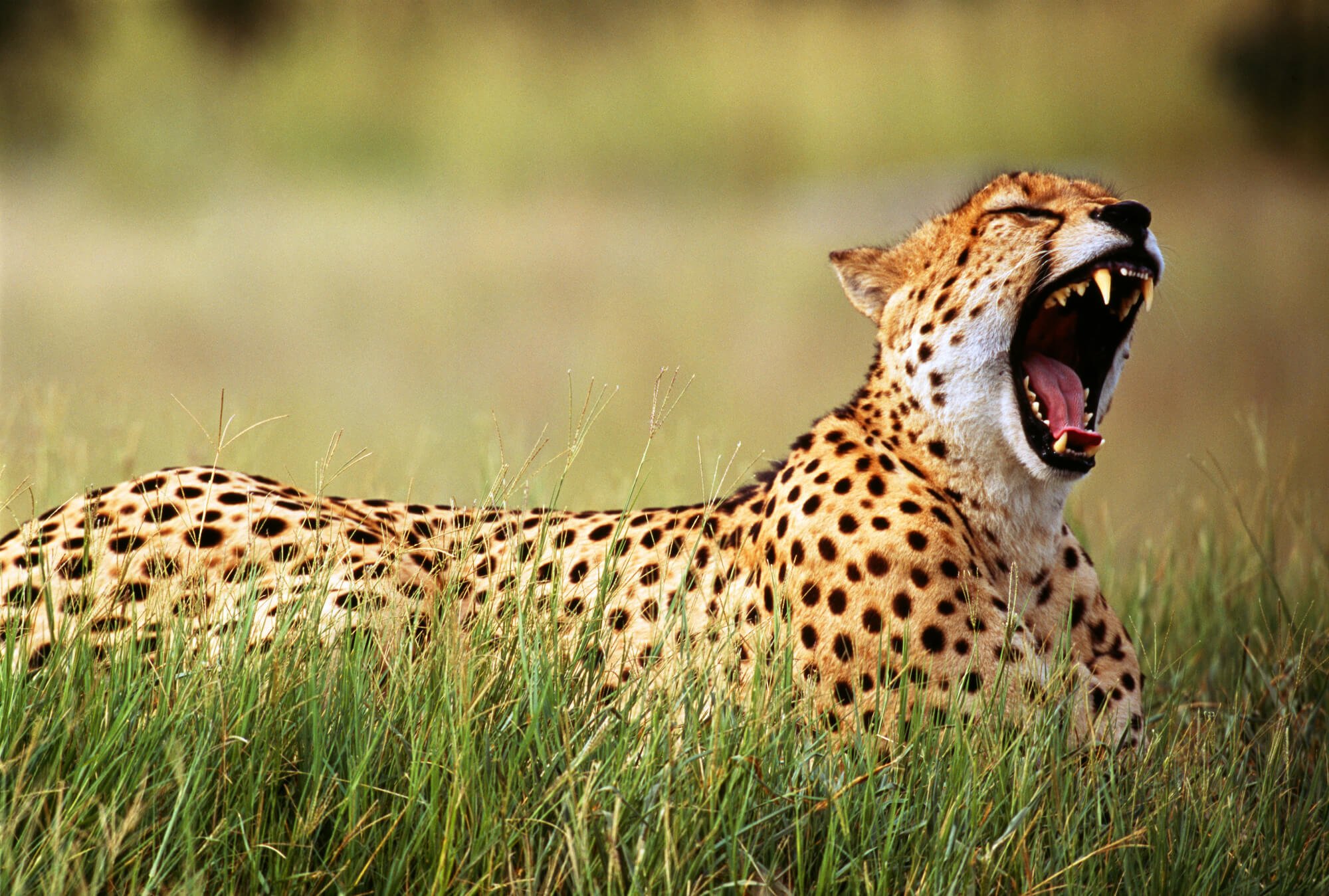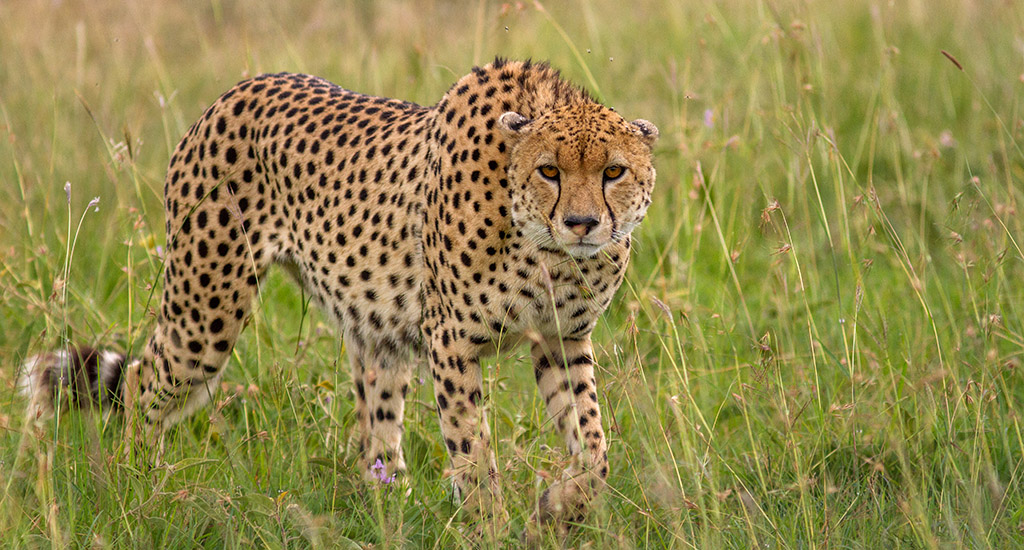Rajkotupdates.news:cheetah-magnificent-but-fragile-experts-list-concerns-for-cheetahs
The cheetah, known as the world’s fastest land animal, is a magnificent creature that captures the hearts and minds of people around the world. But behind its beauty and speed lies a fragile existence, as experts have listed concerns for cheetahs’ survival.
Rajkotupdates.news:cheetah-magnificent-but-fragile-experts-list-concerns-for-cheetahs, Cheetahs are the only remaining species of the genus Acinonyx, which has a history dating back over two million years. They are found in various parts of Africa, with a small population in Iran. These incredible cats can run at speeds of up to 70 miles per hour, making them one of the most agile predators in the animal kingdom.

However, despite their impressive abilities, cheetahs face numerous threats that endanger their survival. One of the biggest concerns is habitat loss, as their natural habitats continue to shrink due to human encroachment and development. As a result, cheetahs are increasingly forced into smaller and more isolated areas, making it harder for them to find food and mates, leading to inbreeding.
Rajkotupdates.news:cheetah-magnificent-but-fragile-experts-list-concerns-for-cheetahs, Inbreeding leads to genetic depletion, which is a major threat to the long-term survival of cheetahs. The reduced genetic diversity makes them more susceptible to diseases, developmental problems, and other health issues. This problem has become more pronounced due to habitat fragmentation, with populations becoming increasingly isolated and vulnerable to the effects of inbreeding.

Another concern for cheetahs is hunting and poaching. Although hunting cheetahs is illegal in most African countries, it still occurs for sport, trophy hunting, and sometimes for the trade in exotic pets. Cheetahs are also hunted for their fur, which is considered a status symbol in some parts of the world.
Rajkotupdates.news:cheetah-magnificent-but-fragile-experts-list-concerns-for-cheetahs, Furthermore, cheetahs often fall victim to human-wildlife conflicts, with farmers sometimes killing them to protect their livestock. As cheetahs continue to lose their natural habitats, they are increasingly forced to come into contact with humans, leading to conflicts that can result in injury or death for both humans and cheetahs.

Conservationists and experts are working to address these concerns for cheetahs. One approach involves the creation of protected areas where cheetahs can live and roam freely, without being hunted or threatened by human activity. Other strategies include captive breeding programs to increase genetic diversity, as well as education and awareness campaigns to reduce human-wildlife conflicts and poaching.
Rajkotupdates.news:cheetah-magnificent-but-fragile-experts-list-concerns-for-cheetahs, Despite these efforts, the future of the cheetah remains uncertain. The International Union for Conservation of Nature (IUCN) lists cheetahs as a vulnerable species, with an estimated population of just 7,100 individuals in the wild. The cheetah is a reminder that even the most magnificent creatures can be fragile and in need of our protection and care.
FAQ
- What is a cheetah?
A cheetah is a large, spotted cat found in various parts of Africa and a small population in Iran. It is known for its incredible speed, which allows it to chase down prey at speeds of up to 70 miles per hour.
- What are the concerns for cheetahs?
Experts have listed several concerns for cheetahs, including habitat loss, genetic depletion, hunting and poaching, and human-wildlife conflicts. These factors threaten the long-term survival of cheetahs and their ability to thrive in the wild.
- What is habitat loss?
Habitat loss is the destruction or fragmentation of natural habitats, such as grasslands, forests, and savannas, due to human activities like agriculture, urbanization, and development. Habitat loss is a significant concern for cheetahs, as it reduces their available range and forces them into smaller and more isolated areas.
- What is genetic depletion?
Genetic depletion refers to the loss of genetic diversity within a population, leading to reduced resistance to diseases and other health problems. Genetic depletion is a significant concern for cheetahs because they have a low genetic diversity, to begin with, and are becoming increasingly isolated due to habitat fragmentation.
- What is human-wildlife conflict?
Human-wildlife conflict occurs when humans and wild animals come into contact and compete for resources, leading to conflicts that can result in injury or death for both parties. Human-wildlife conflict is a concern for cheetahs because they often come into contact with farmers and ranchers, who may kill them to protect their livestock.
- What is being done to protect cheetahs?
Conservationists and experts are working to protect cheetahs by creating protected areas where they can live and roam freely, without being hunted or threatened by human activity. Other strategies include captive breeding programs to increase genetic diversity and education and awareness campaigns to reduce human-wildlife conflicts and poaching.
Must read=Rajkotupdates.news:a-historic-day-for-21st-century-india-pm-modi-launched-5g-in-india



